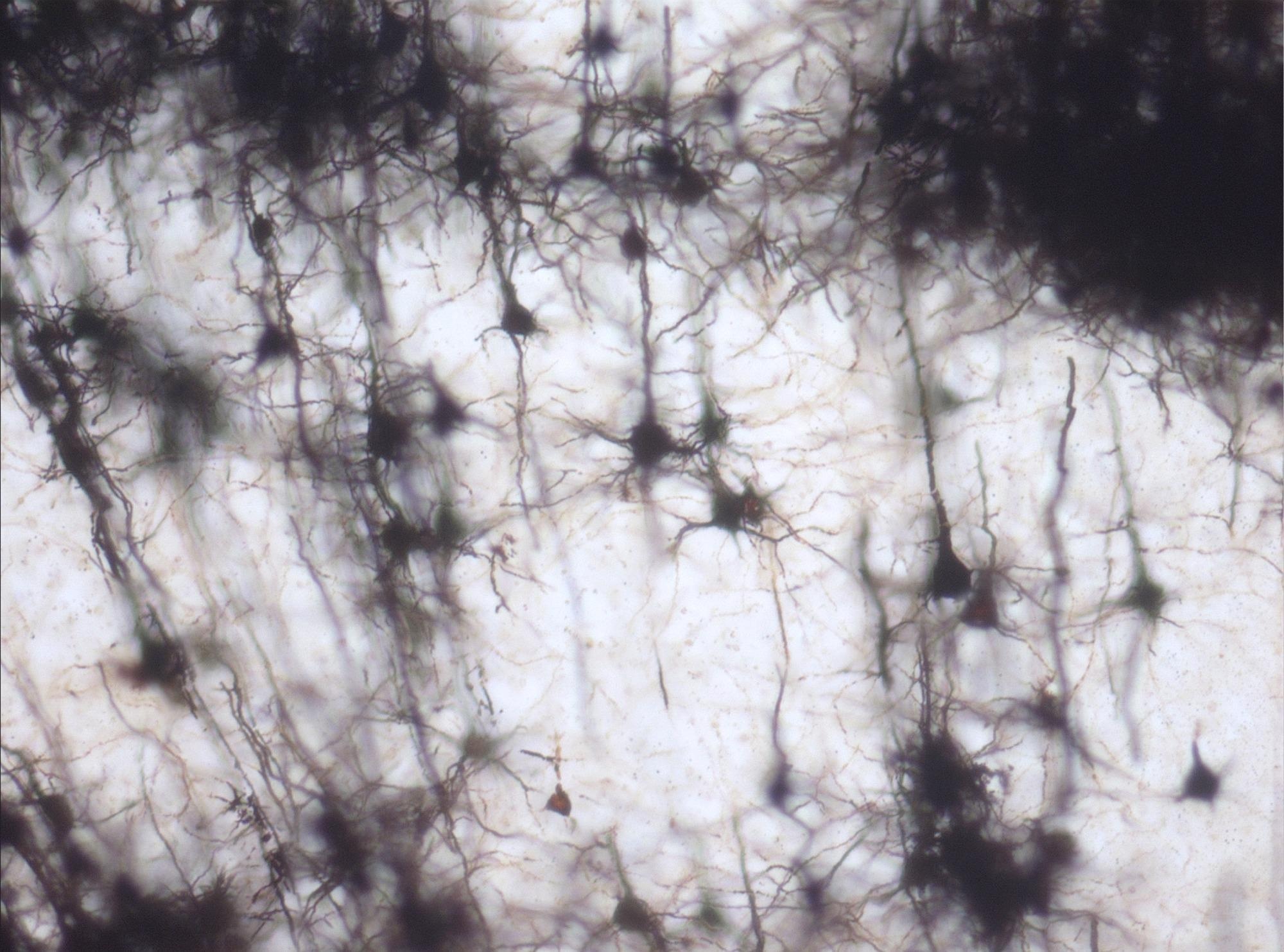Nothing will be done with this. No human testing. All because we have NO STROKE LEADERSHIP OR STRATEGY. Also your stroke hospital doesn't know about this research and would do nothing to initiate research even if it did know about it. When stroke size decreases by 70% using this just maybe all hands should be on deck to get this into human use. Just think of your children and grandchildren recovering much better than you if YOU start screaming at your stroke hospital to DO SOMETHING WITH THIS.
Your responsibility.
Stroke-Targeting Nanoparticles Deliver Neuroprotectant to Mouse Brain
According to a new study, the delivery of NA1, a neuroprotectant, to the brain in nanoparticles decreases stroke severity and enhances survival in a mouse model of stroke.

Image Credit: Alexandros A Lavdas/shutterstock.com
This is a preliminary study to be presented at the American Stroke Association’s International Stroke Conference 2021. The virtual meeting will be held from March 17th to 19th, 2021, and is a world premiere meeting for clinicians and researchers committed to the science of stroke and brain health.
In a previous human trial (the ESCAPE-NA1 trial), NA1, a small peptide that has been particularly developed to save brain cells from death following stroke, exhibited combined outcomes when NA1 was given to patients who were undergoing clot removal for severe stroke.
During the trial, a few patients were administered the intravenous clot-busting medication tissue plasminogen activator (tPA), and these patients specifically exhibited a lack of improvement in functional results from NA1.
NA1 binds many organs, cells and proteins in the body. Without protection, it cannot get into the brain with high efficiency and specificity and may otherwise get into cells where we don’t want it, or bind and deactivate other treatments, such as the clot-busting medicine tPA.
Jiangbing Zhou, PhD, Study Co-Senior Author and Associate Professor of Neurosurgery and Biomedical Engineering, Yale University
In this study, to deliver NA1 accurately where it is required, the researchers made stroke-targeting nanoparticles to enclose and deliver NA1 to portions of the brain that are being deprived of oxygen in a stroke mouse model.
In the mouse model study performed from 2016 to 2020, the team matched the potential of nanoparticles loaded with NA1 and non-encapsulated NA1 to enhance survival and decrease brain swelling and stroke size. Both treatments included the same dose of NA1 (50 μg) administered intravenously to mice with a brain artery blockage.
The team discovered that:
- Stroke size decreased by 69.8% for mice treated with NA1-filled nanoparticles, compared to 0.7% for those treated with non-encapsulated NA1.
- Brain swelling decreased by 60.3% for mice treated with NA1-filled nanoparticles, compared to 3.3% for those treated with non-encapsulated NA1.
- Median days of survival were over 14 days for mice treated with NA1-filled nanoparticles (mice in this model generally live considerably less than 14 days), compared to 6 days for those treated with non-encapsulated NA1.
When delivered by nanoparticles, the same dose of NA1 that was not effective in an earlier study reached the stroke area and provided a surprising degree of effectiveness. The use of nanoparticles in stroke treatment may open new doors to delivering NA1 and other promising therapies to the brain.
Kevin N. Sheth, MD, Study Co-Senior Author and Professor of Neurology and Neurosurgery, Yale University
As the nanoparticles themselves have the tendency to serve as antioxidants and might enhance stroke outcome, few of the mice were also treated with nanoparticles without NA1. Those mice exhibited intermediate enhancements: stroke size decreased by 52.2%, brain swelling decreased by 30.2%, and the median survival was 10 days.
We have not had any recent major advances in the delivery of brain-protective agents for stroke. These results suggest a significant effort to change that landscape.
Kevin N. Sheth, MD, Study Co-Senior Author and Professor of Neurology and Neurosurgery, Yale University
The additional co-authors of the study are Shenqi Zhang, MD, PhD; Zeming Chen, PhD; Gang Deng, MD, PhD; W. Taylor Kimberly, MD, PhD; and J. Marc Simard, MD.
The research was financially supported by the National Institute of Neurological Disorders and Stroke of the National Institutes of Health and the American Heart Association.
Source: https://www.heart.org/
No comments:
Post a Comment